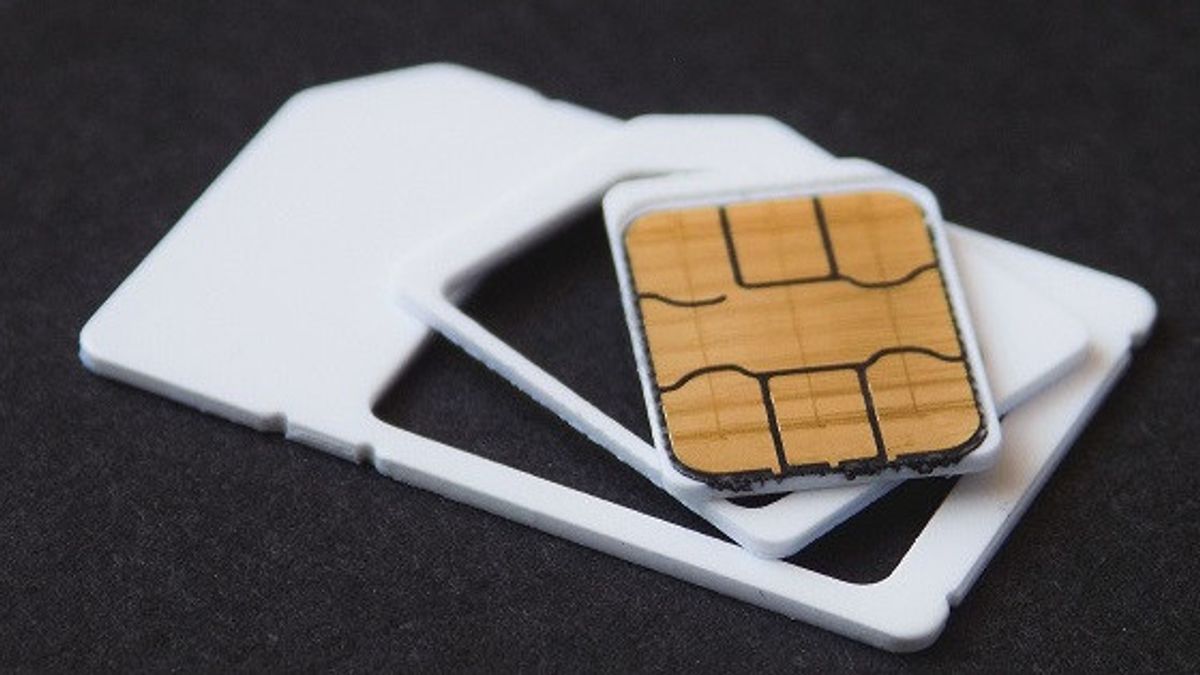JAKARTA - Who would have thought that SIM cards that are usually thrown away when they are not used can actually be transformed into one of the medicinal ingredients, making them cheaper when marketed and reducing electronic waste.
Researchers at Imperial College London and the University of Cagliari, Italy have found ways to recycle gold from the electronics, and reuse it in chemical reactions to drug manufacturing.
SIM cards themselves contain a small amount of nickel, copper, silver, and gold. The process is claimed to help reduce electronic waste and reuse precious metals that should be mined.
"I think if we can find a better way to use the waste we produce and recover metals, then we don't have to rely too much on mining," said Imperial College London lead researcher and chemistry professor James Wilton-Ely.
"This also helps us solve the waste problem we have, which is currently piling up," he added.
To start with, the researchers bought a bag containing 200 used SIM cards. They apply SIM cards, peel the plastics, and sort out basic metals, such as nickel and copper.
When extracting gold, they used a green safe reagent called a sulfur ligan, a molecule attached to a central metal atom. Now, all that remains is a gold compound, but gold in this form cannot be reused in electronics.
The compound can be a catalyst to accelerate chemical reactions that help create beneficial compounds, such as pharmaceutical compounds. So, researchers from Imperial College London tested whether gold compounds obtained from SIM cards could be used to increase the rate of chemical reactions commonly used in the manufacture of drugs.
Launching Popsci, Friday, December 23, a number of pharmaceutical drugs include anti-inflammatory pain relievers, and anti-inflammatory drug Oxaporzin.
However, researchers have not used recycled gold compounds to produce actual drugs, the process simply shows the alternative use to utilize the discarded electronic waste.
"As a chemical expert, we always consider these elements very valuable. So, it's shocking to think about so many elements that are routinely dumped in the waste of electronic and electrical equipment," Wilton-Ely said.
Their findings were explained earlier this month on December 9 in the journal ACS Sustainable Chemistry & Engineering, and the recycling process that researchers carried out was not only on SIM cards. They can apply the method to recycle circuit boards and printer cartridges.
"Adoption of what we are doing right now, I'm sure it will happen. But it will happen in the future as the benefits of a gold-catalysed reaction go into the pharmaceutical factory design," Wilton-Ely said.
The English, Chinese, Japanese, Arabic, and French versions are automatically generated by the AI. So there may still be inaccuracies in translating, please always see Indonesian as our main language. (system supported by DigitalSiber.id)













